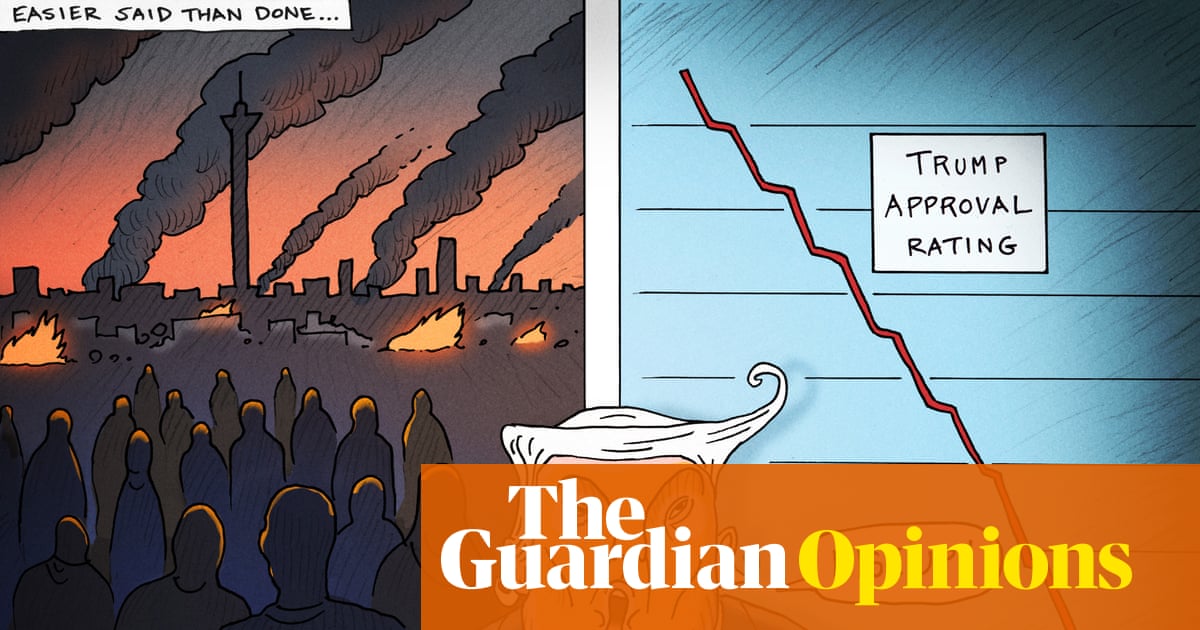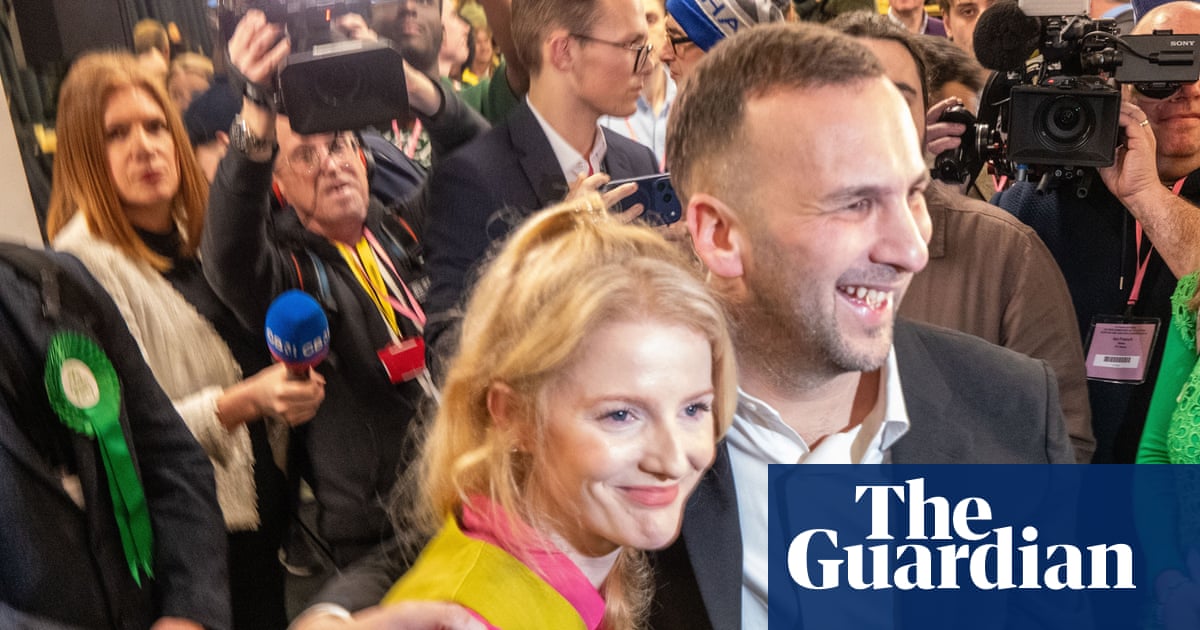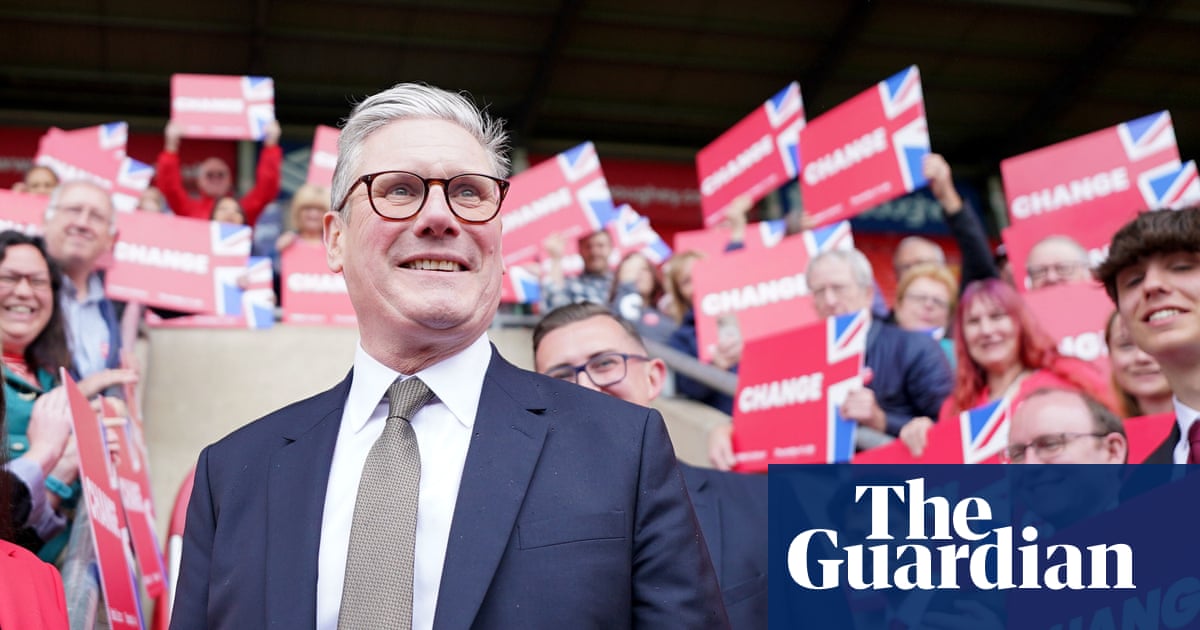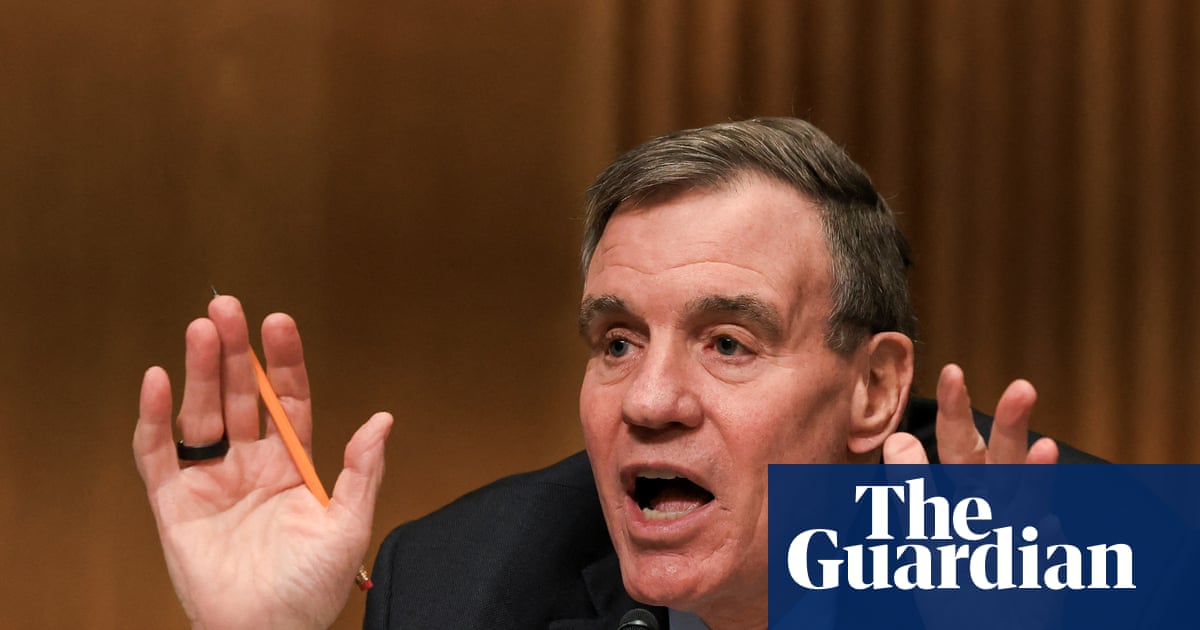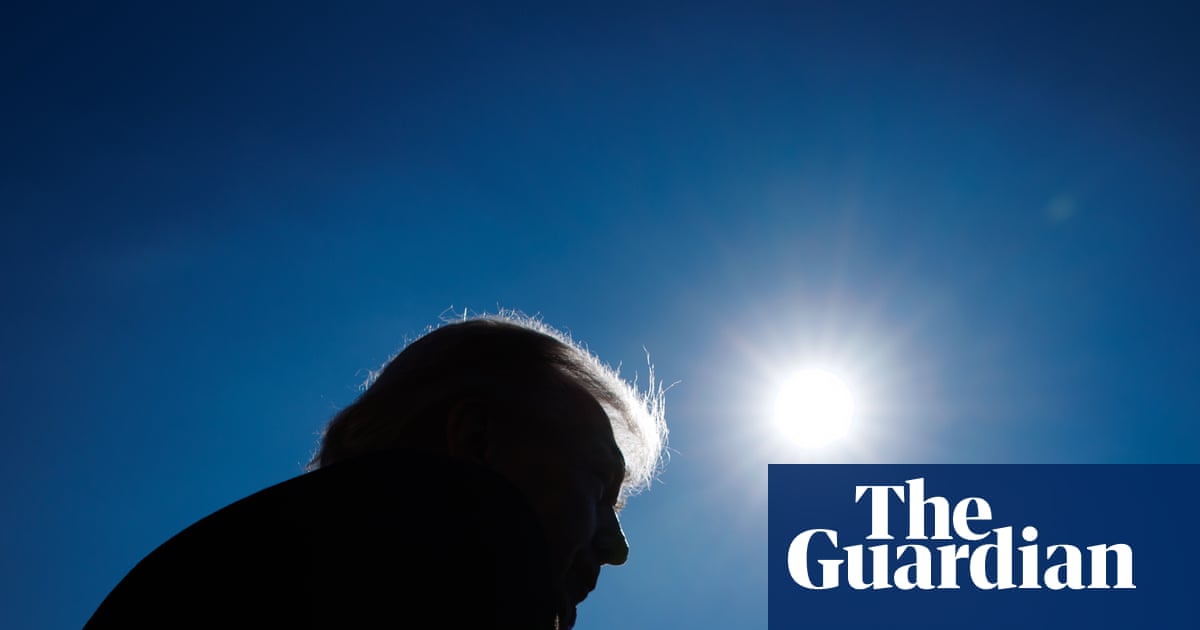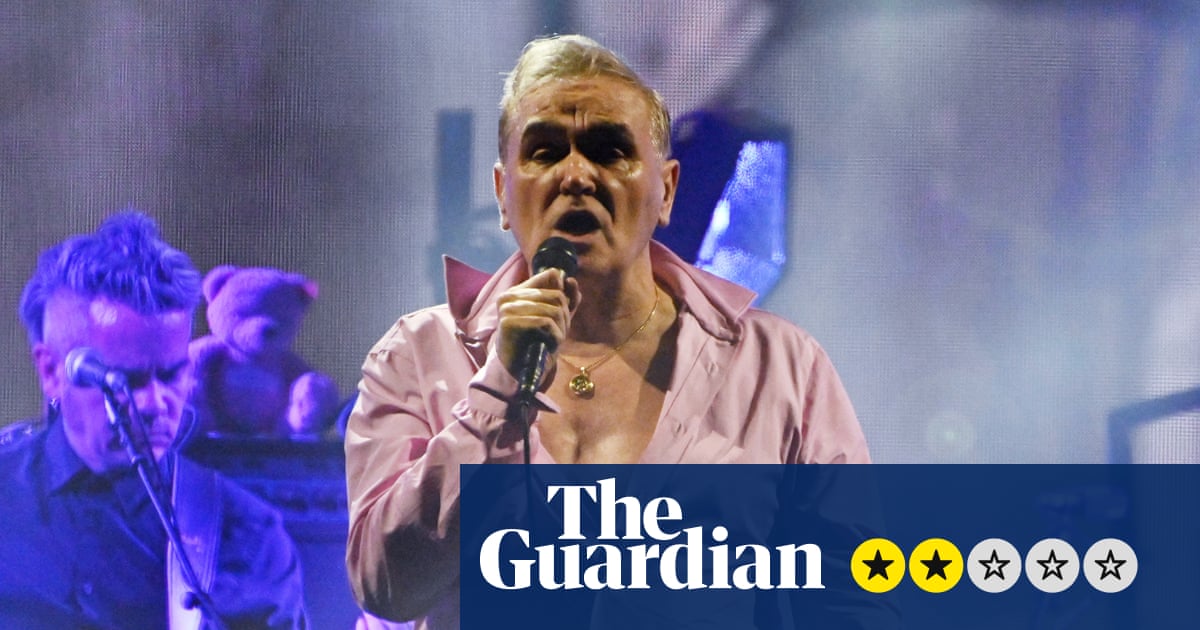The prospect of looming tax rises and a fall in business investment will restrict the UK’s economic growth rate next year to less than 1%, according to a health check of the economy by a leading consultancy.
With less than four weeks before Rachel Reeves delivers her budget on 26 November, the EY Item Club has downgraded Britain’s growth for next year, indicating that the economy will continue to expand at a sluggish pace, limiting tax receipts and the chancellor’s financial room for manoeuvre.
The Treasury’s independent forecaster, the Office for Budget Responsibility, is also expected to downgrade the UK’s potential growth when it reports on budget day, based on a reassessment of productivity growth.
Officials at the OBR are likely to cut the expected annual increase in productivity by 0.3 percentage points, reducing the government’s income by £21bn before the end of the parliament.
The EY Item Club, a leading UK economic forecasting group, said it was more optimistic than it was in July after upgrading growth for this year to 1.5% from 1% while maintaining the rate of expansion at 0.9% next year.
Matt Swannell, the club’s chief economic adviser, said: “The combination of potential tax rises, global trade disruption and high interest rates is still anticipated to put a brake on economic momentum and produce modest growth over the next year.”
Growth surged this year following a 3.7% boost from business investment, which the report said was unlikely to be repeated in 2026, when it is forecast to fall to 0.8%.
Unemployment will peak at 5% next summer, which will “drive a further slowdown in earnings this year, with pay growth expected to fall back to around 3.5% by the end of 2025 and 3% by the middle of 2026”.
Anna Anthony, a managing partner at EY, said the economy had shown “encouraging resilience and momentum this year, particularly in the face of significant global disruption”.
She urged Reeves to “strike a balance between managing the deficit and measures that stimulate growth” to maintain momentum.
“The UK has remained a competitive, stable investment destination during a period of international disruption, and preserving that attractiveness and welcoming global capital will be crucial to the UK’s long-term economic prosperity,” she said.
A survey by the Institute of Directors also indicated that growth would slow next year, following a steep decline in business confidence. Its measure of optimism among business leaders dropped to an all-time low of -74 in September and edged only slightly higher, to -73, in October, the business lobby group said.
after newsletter promotion
Executives who responded to the survey, which mostly covers small- and medium-sized businesses, said they were beginning to recover from a spike in costs, which had accelerated at a faster pace than revenues over the last year.
Anna Leach, the IoD’s chief economist, said businesses were “expecting the worst” from the autumn budget.
“Business leaders are worn out from the past year’s rollercoaster of uncertainty and tax increases,” she added. “We hear repeatedly of the effects: planning horizons shortened, hiring cancelled or outsourced, and discretionary spend on hold. Businesses need certainty over their costs – both tax and regulatory.”
Mel Stride, the shadow chancellor, said the survey showed business confidence had been “shattered – not by global shocks, but by Labour’s choices”.
He said: “Month after month, it’s the same story: uncertainty and speculation. Businesses are stalling on hiring and investment because they simply don’t trust Labour to keep their word.”

.png) 3 months ago
101
3 months ago
101

